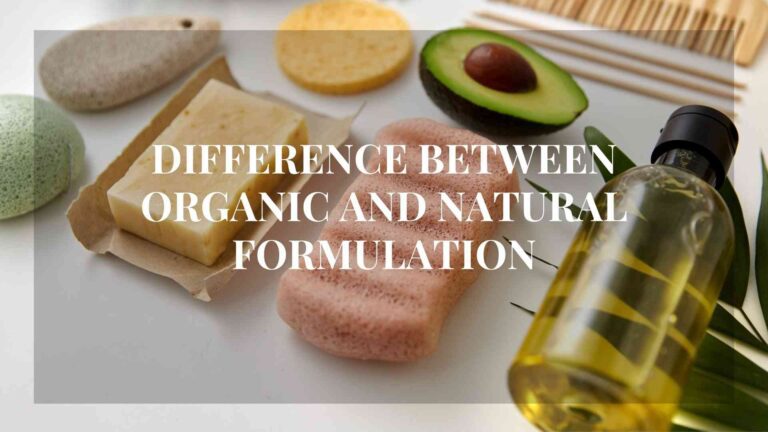Often confused with the term natural, this is another coveted word in today’s demanding market. All over the developed nations of the USA, UK, Australia, certified organic has more or less the same meaning. It basically implies that the product or ingredient when classified as “organic”, means that it has come from a farming system, which does not use pesticides, herbicides, artificial fertilizers, is devoid of synthetic colours, preservatives, chemicals like parabens, sulphates, the land from where it originated has no or limited antibiotic usage, has not been subjected to growth regulators, etc. This is a more regulated term. Both the terms seem quite similar, however, they are distinctively different. Though they imply that the products bearing their names should have a natural origin, specific dissimilarities between the two impart their uniqueness.
- Natural products contain natural ingredients, whereas organic products contain natural but more strictly regulated ingredients.
- Natural products are not regulated by any governing body or stringent guidelines whereas organic products are extremely regulated and are sub-classified into 100% organic, made with at least 70% organic ingredients, and having less than 70% organic ingredients as per various certification bodies like the USDA, U.S. Department of Agriculture.
- Natural products may be cheaper than their organic counterparts.
- Natural products may not have a specific logo describing their attributes but most organic products bear an organic certification logo.
Written by- (Saili Dixit – Microbiologist)



